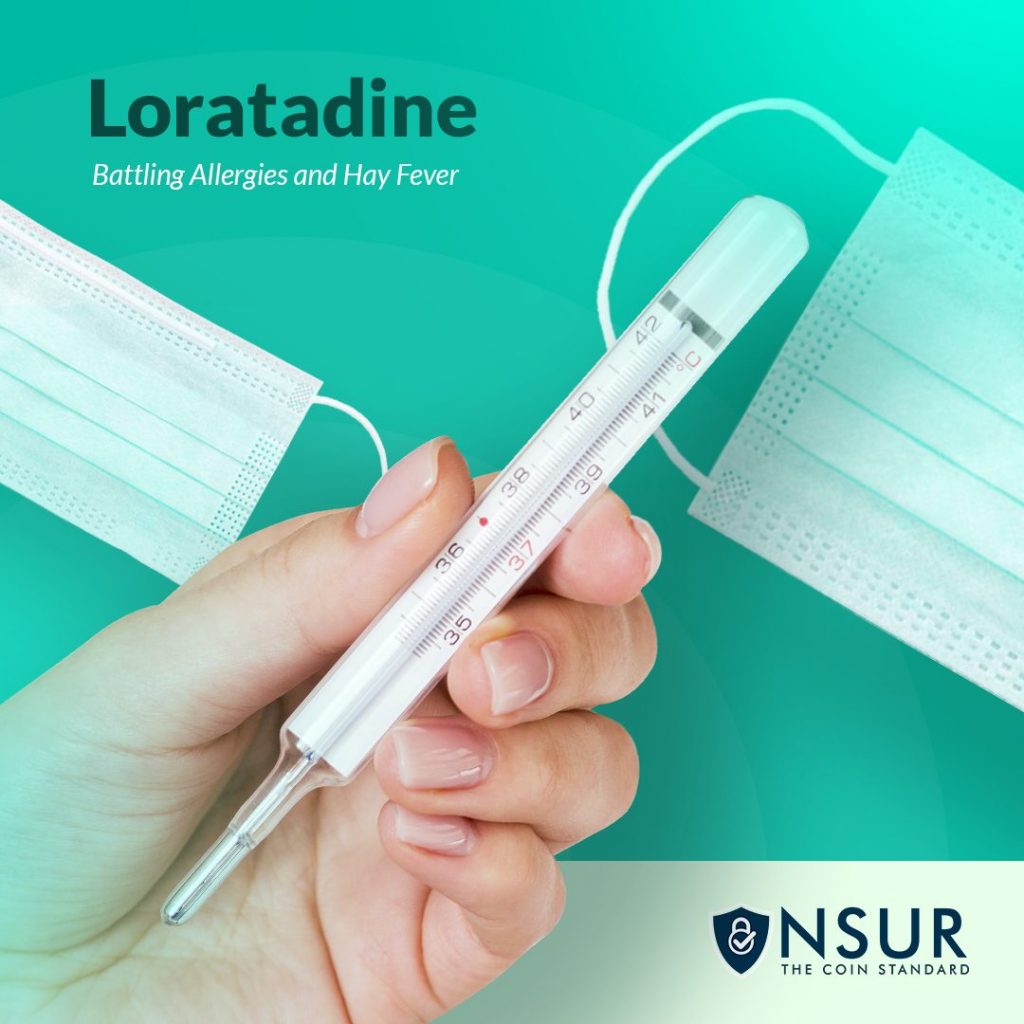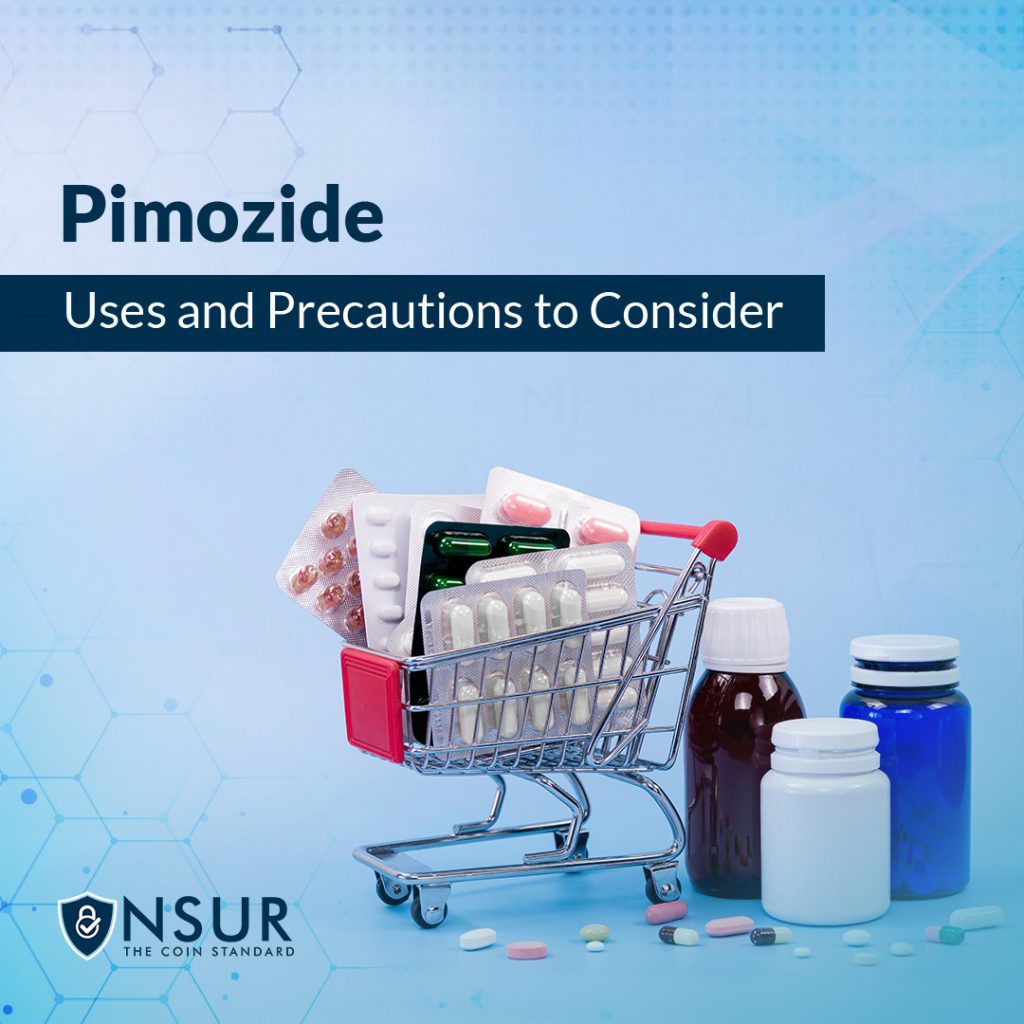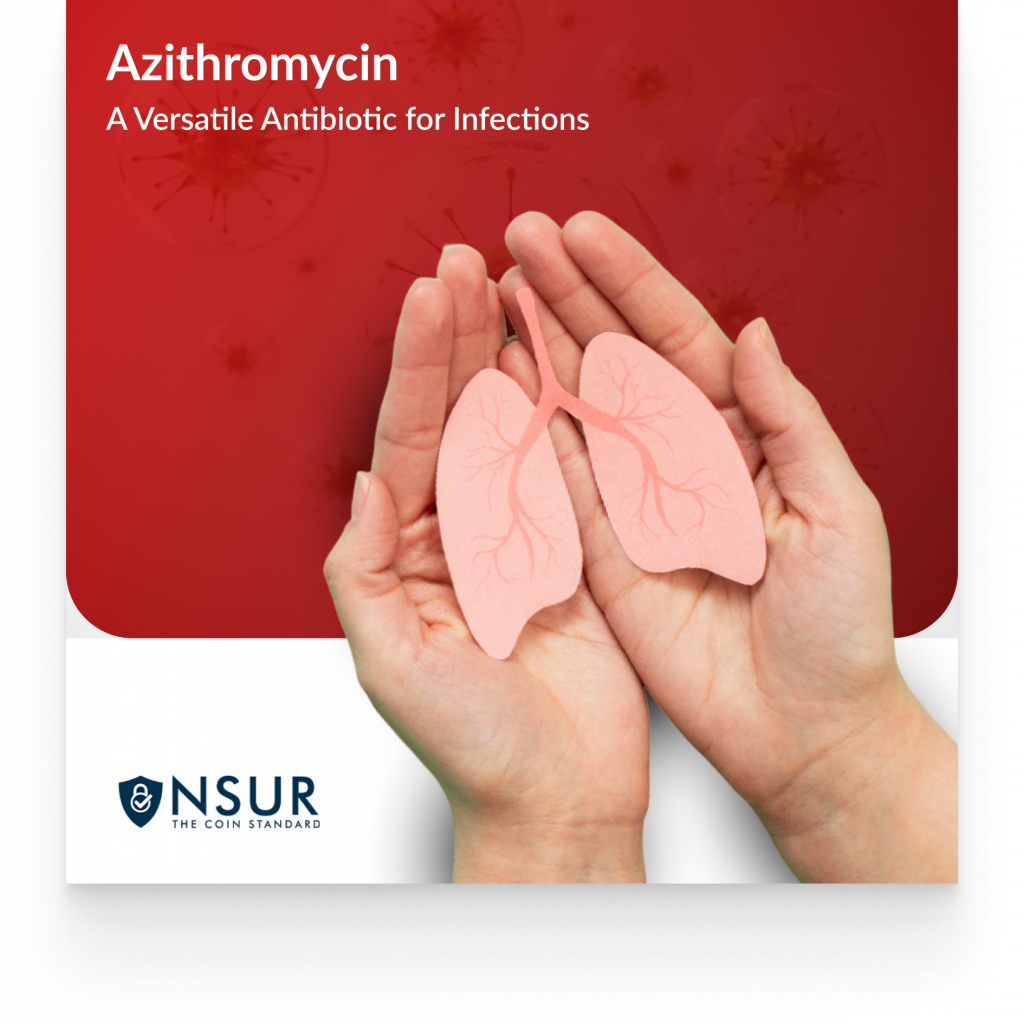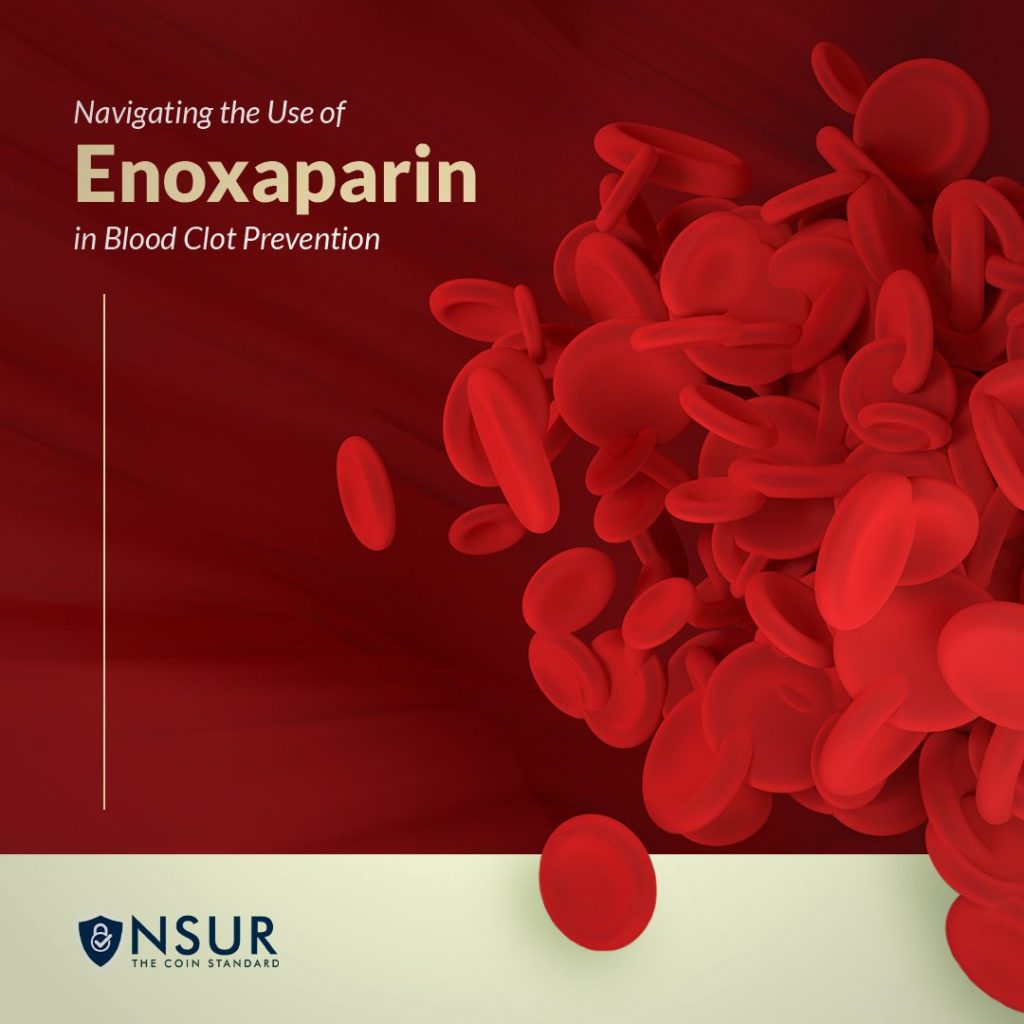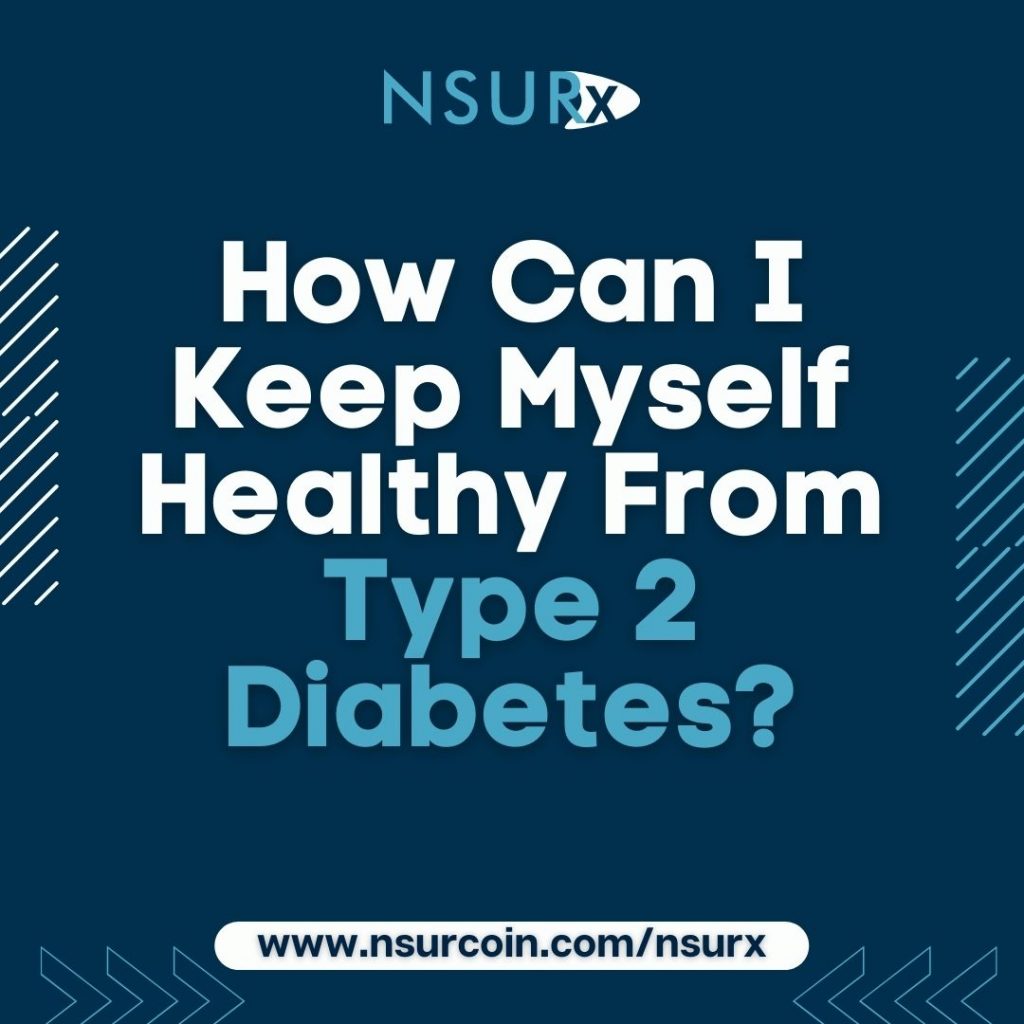
Diagnosed with Type 2 Diabetes? Find out the most commonly prescribed medicines for you.
What is diabetes?
Diabetes is a long-term health issue that affects the way your body converts food into energy.
Sugar (also known as glucose) is released into your circulation when you eat. In response, your pancreas releases insulin when your blood sugar levels rise. Insulin is like a key that unlocks your body’s cells so that blood sugar may be used as energy.
With diabetes, you either don’t produce enough insulin or your body doesn’t use the insulin you produce properly. Too much blood sugar remains in your system when insulin is insufficient or cells cease responding to insulin. Over time, diabetes can lead to major health issues, such as heart disease, eyesight loss, and kidney disease.
What are the causes of diabetes?
The most common causes of diabetes are:
- Autoimmune reaction
- Infection due to a virus or a bacterial strain
- Toxins found in food
- Obesity
- Sitting for long periods of time
- Aging
- Unhealthy eating habits
- Genetic
What are the signs and symptoms of diabetes?
Before you are diagnosed with diabetes, there are some signs and symptoms that you may experience. These include:
- Peeing frequently
- Losing weight
- Having blurry vision
- Having tingling hands or feet
- Having dehydrated skin
- Having sores that won’t heal quickly
- Feeling very tired
Each type of diabetes has different symptoms. If you have these or other symptoms, visit your doctor immediately.
What are the types of diabetes?
Diabetes has three types. These are:
Type 1 diabetes was previously known as insulin-dependent diabetes or juvenile diabetes. It’s most common among children, teens, and young adults, but it can occur at any age.
Having type 1 diabetes means your pancreas is unable to produce insulin. Your body uses insulin to assist blood sugar to enter the cells where it can be used as fuel. In the absence of insulin, glucose accumulates in the bloodstream rather than being used by cells as a fuel source. Many of the signs and problems of diabetes are brought on by the body’s inability to regulate blood sugar levels.
Type 2 diabetes affects more than 33 million Americans (about one in 10). Type 2 diabetes is more common in persons over 45, but it is also becoming increasingly prevalent in adolescents, teens, and young adults.
An insulin hormone produced by your pancreas functions as an entryway for blood sugar to enter your cells and be used as fuel. Insulin resistance is a symptom of type 2 diabetes, in which cells fail to respond to insulin as they should.
In an effort to elicit a response from your cells, your pancreas pumps out more insulin. In the long run, this will lead to type 2 diabetes, as your pancreas is unable to keep up with the demand.
Hyperglycemia or low blood sugar, harms the body and can lead to a number of major health issues including heart disease, blindness, and kidney damage.
Gestational diabetes is a kind of diabetes that can develop during pregnancy in women who have not previously been diagnosed with the disease. Annually, 2-10% of all pregnancies in the United States are afflicted by gestational diabetes. Pregnant women who are diagnosed with gestational diabetes should take steps to control their condition.
What drugs are prescribed for diabetes?
Diabetes treatment aims to improve your body’s ability to utilize insulin or remove excess sugar from your blood.
Oral medications and injections make up a large portion of treatment options for people with diabetes. The commonly prescribed drugs for diabetes are the following:
These drugs aid in the digestion of starchy and sugary foods. As a result, your blood sugar levels will be reduced.
Popular Alpha-Glucosidase Inhibitors are:
Biguanides have several functions. They reduce the amount of sugar produced by your liver, reduce the amount of sugar your intestines absorb, increase your body’s sensitivity to insulin, and assist your muscles in absorbing glucose.
The most common type of Biguanide is Metformin.
To keep up insulin production, DPP-4 inhibitors are needed. Moreover, instead of causing hypoglycemia, they reduce blood sugar levels. The pancreas can produce more insulin with the assistance of these medications.
These medications are similar to incretin, a natural hormone. GLP-1 Receptor Agonistsboost B-cell production and the amount of insulin your body uses. They also suppress your hunger, slow the emptying of the stomach, and reduce the amount of glucagon your body produces.
Meglitinides aid in the release of insulin in your body. Common Meglitinides are:
SGLT 2 Inhibitors operate by preventing glucose from being stored in the kidneys. Rather, your body releases the glucose through urine.
The American Diabetes Association (ADA) purports SGLT 2 inhibitors as a feasible therapy option in situations of atherosclerotic cardiovascular disease, heart failure, or chronic kidney disease.
These are some of the first diabetes medications still in use today. Sulfonylureas function by activating the pancreas through beta cells. As a result, your body produces more insulin.
Thiazolidinediones operate by lowering blood glucose levels in the liver. They also aid in the improved use of insulin by fat cells.
Use NSURx to save money on diabetes medications
NSURx is a discount card that can save you money on your diabetes prescription costs. When you show your NSURx card to your pharmacist, you could save up to 80% on your prescriptions. Billions have already been saved through this program.
Moreover, NSURx is accepted by more than 35,000 pharmacies, from Walgreens to Walmart, meaning there is a pharmacy near you where you can start saving money.
There is no limit on the number or type of prescriptions you fill with NSURx or the number of times you use your NSURx card to save.
Download your free NSURx card and start saving on your diabetes prescriptions immediately!
